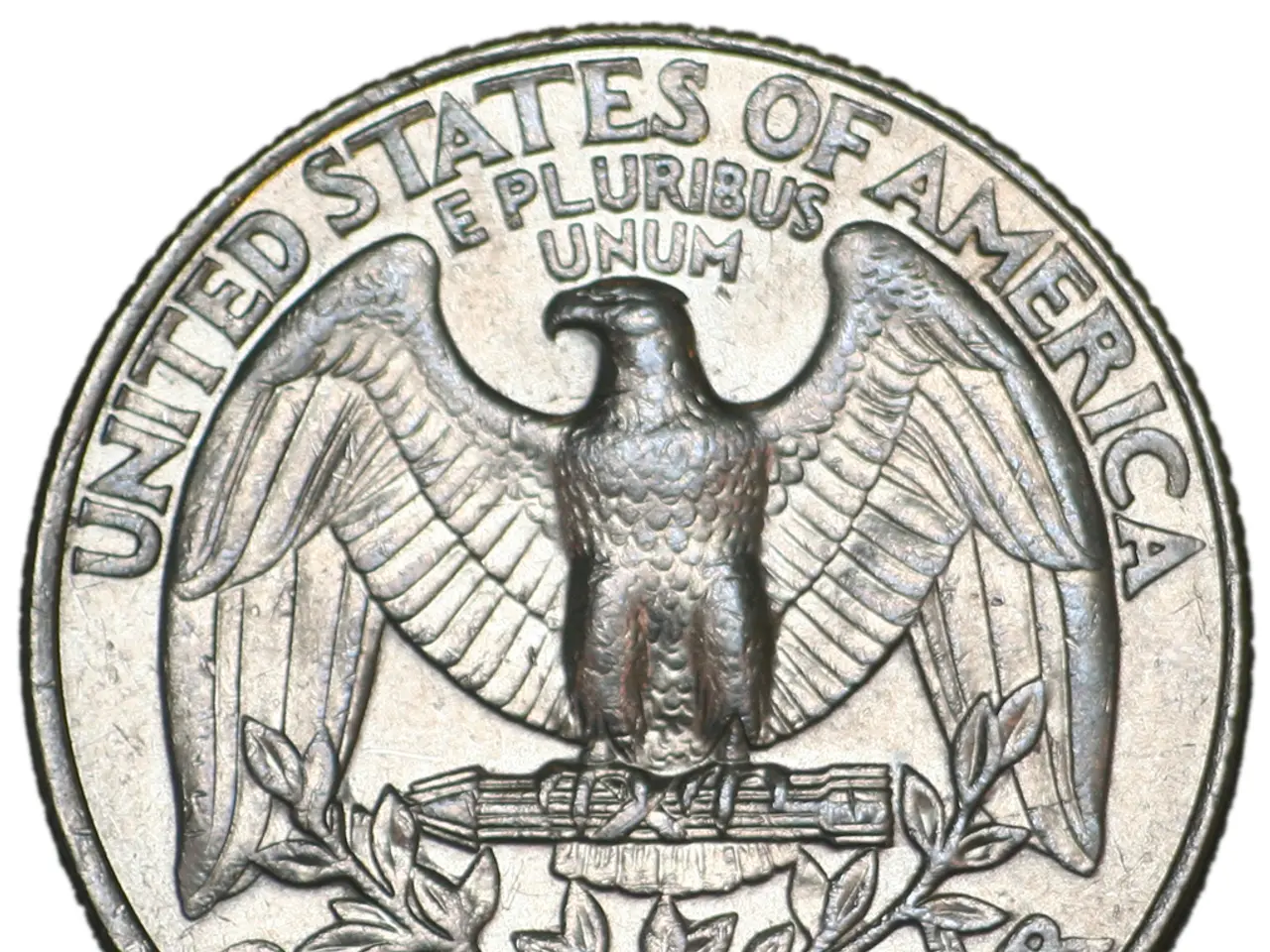In July, Mahindra dominated the wholesale sector, Hyundai reigned supreme in retail sales, and Tata set an electric vehicle (EV) record in a fierce competition among automakers.
In the bustling Indian automobile market, a fierce competition is unfolding among three major players: Mahindra, Hyundai, and Tata Motors. July 2025 saw a significant shift in the rankings, with Mahindra edging ahead of Tata Motors in vehicle registrations, thanks to a surge in demand for SUVs like the Scorpio-N, Thar, and XUV700.
Hyundai, previously holding the second spot, experienced a minor increase in sales but a domestic sales decline overall, particularly in compact SUVs like the Creta. This dip in performance saw Hyundai losing ground to Mahindra.
Tata Motors, on the other hand, experienced a decline in overall wholesale and retail volumes, primarily due to weakening sales of internal combustion engine vehicles. However, Tata's EV portfolio has been a saving grace, with the company leading the electric vehicle (EV) segment and achieving a record 7,124 units in EV sales last month.
The market trends reveal that Mahindra is currently dominating the SUV-driven wholesale race, with SUVs accounting for 71.8% of Hyundai's domestic sales, the highest share Hyundai has ever achieved in India. Hyundai, however, leverages its retail strength and production scale in the Indian market, reporting consistent demand for its SUV range.
Mahindra dispatched a total of 49,871 units of passenger vehicles in wholesale sales and 41,476 units in retail registrations in July, demonstrating a 20% increase in SUV dispatches year-on-year. Hyundai reported 43,973 units in wholesale passenger vehicle sales and 42,661 units in retail registrations for the same month.
Tata Motors moved 40,175 units in wholesale passenger vehicle sales and 39,795 units in retail registrations last month. Despite the overall contraction, the company's EV sales have been surging nearly 93% year-on-year, painting a positive outlook for the future.
It's clear that the Indian automobile market is witnessing a dynamic shift, with Mahindra's traditional SUV strength and growth momentum contrasted with Hyundai's steady but challenged compact SUV dominance. Tata Motors, meanwhile, is transitioning to EVs, maintaining a strong position in the EV market despite a dip in conventional passenger vehicle sales.
- The surge in demand for Mahindra's SUVs, such as the Scorpio-N, Thar, and XUV700, has contributed to Mahindra leading Tata Motors in vehicle registrations in the Indian automobile market.
- Although Hyundai experienced a minor increase in sales, their overall domestic sales declined, particularly in compact SUVs like the Creta, resulting in Hyundai losing ground to Mahindra.
- Tata Motors, while facing a contraction in conventional passenger vehicle sales, has found success in their electric vehicle (EV) segment, leading the EV market and achieving a record 7,124 units in EV sales last month.
- With SUVs accounting for 71.8% of Hyundai's domestic sales, the highest share Hyundai has ever achieved in India, Mahindra currently dominates the SUV-driven wholesale race, while Tata Motors transitions to EVs, maintaining a strong position in the EV market.




